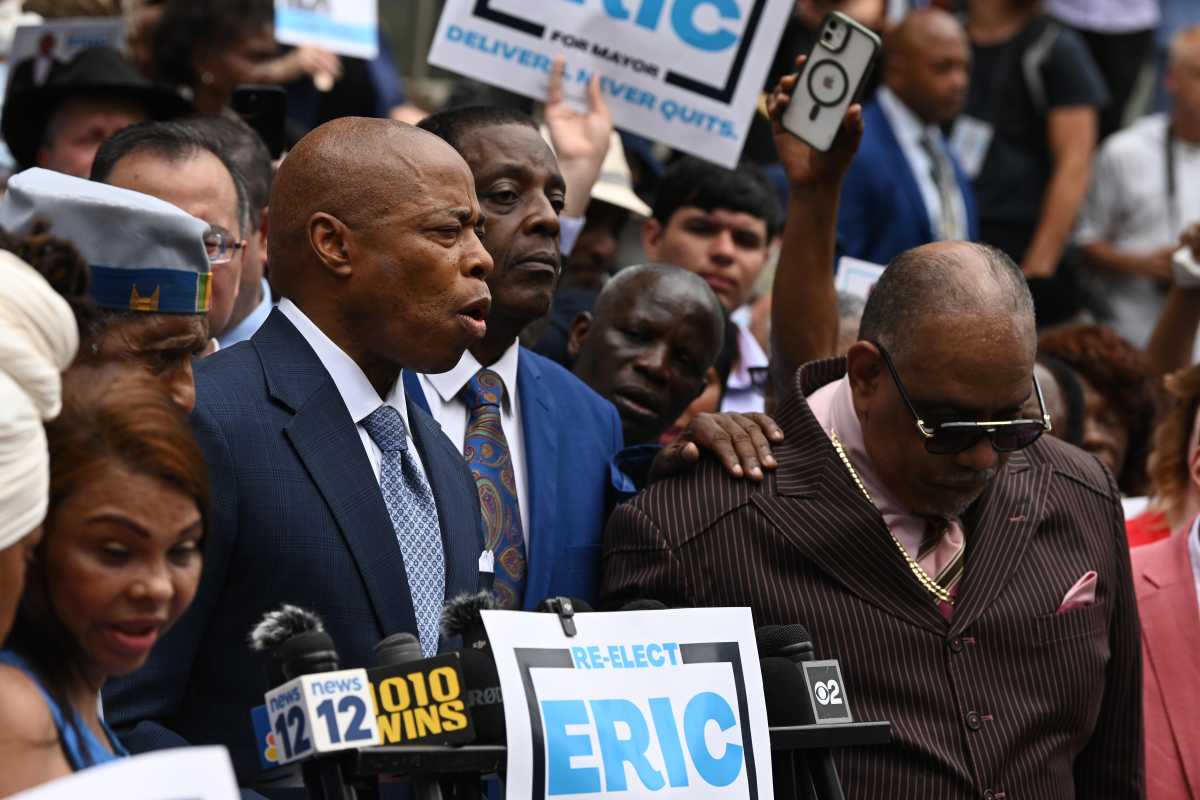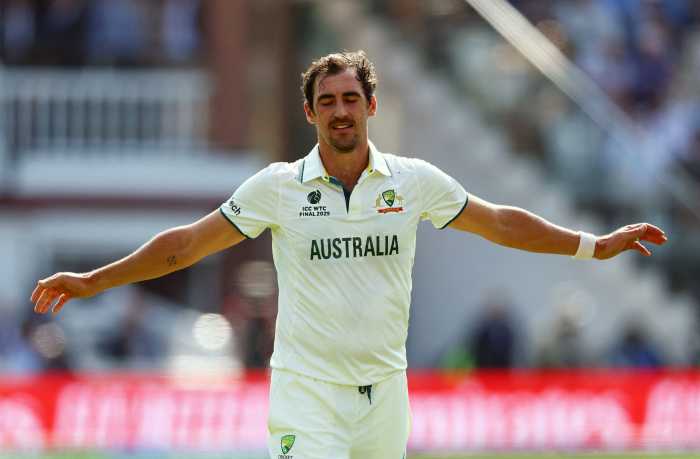By Dave Sherwood
HAVANA (Reuters) – The U.S. Embassy in Havana announced on Thursday it would increase staffing and resume some visa processing in Cuba several years after the Trump administration slashed personnel at the facility following a spate of unexplained health incidents.
The top U.S. diplomat in Havana, Timothy Zuniga-Brown, made the announcement at a news conference, confirming a Reuters report from Monday.
Following the drawdown of staff in Havana in 2017, the Trump administration required Cubans to apply for visas in the U.S. embassy in Guyana, a costly trip that few on the island could afford.
Zuniga-Brown’s announcement stressed a “limited resumption of some immigrant visa services” in Havana. It added that Cuban immigrant visas will still be processed primarily in Guyana, while Havana offices will focus on other consular services and “limited emergency non-immigrant visa processing.”
The eventual deployment of additional consular officers to Havana, a result of President Joe Biden’s ongoing review of Cuba policy, will begin to address a more than four-year backlog of requests for immigration visas by Cubans with family in the United States.
It also marks a rare step by the Biden administration to ease restrictions on communist-led Cuba imposed by former Republican President Donald Trump, who rolled back the historic rapprochement overseen by his Democratic predecessor, Barack Obama.
Just prior to the announcement, the Cuban government issued a statement to Reuters slamming the Trump-era policy as unjustified and harmful to U.S-Cuba ties.
“Over five years, that decision has had very damaging consequences for the entire Cuban population, as well as for Americans,” said the statement signed by Ines Fors, head of U.S.-Cuba bilateral relations for Cuba’s Foreign Ministry.
The Cuban statement did not directly address the staffing announcement, and Zuniga-Brown did not provide a timeline or numbers for the increase in personnel.
Havana resident Maria de Lourdes Galban, a 35-year old doctor hoping to reunite her two young children with their father in the United States, said she had hoped for more.
“I expected a broader opening and it hurts me because I know that there are thousands of Cubans who are in the same situation and we have been waiting for many years,” she said.
Trump scaled back embassy staff and cut down on visa processing in 2017 after some embassy personnel in Havana became ill with what has become known as “Havana syndrome.” The unexplained illnesses first affected U.S. employees in the Cuban capital but later cropped up in other parts of the world.
The Cuban government has long denied any involvement or knowledge of the incidents.
POLITICAL FALLOUT
In addition to slashing visa processing, Trump restricted remittances to Cuba, scaled back flights to the island and increased hurtles for U.S. citizens seeking to travel to Cuba for anything other than family visits.
The U.S. Embassy on Thursday did not address those issues.
Biden, who served as Obama’s vice president, had promised during the 2020 election campaign against Trump to re-engage with Cuba’s government, and many in both countries expected he would roll back Trump-era restrictions.
The Biden administration instead slapped fresh sanctions on Cuban officials in response to Havana’s crackdown on protesters following widespread marches on the island in July.
Biden officials are mindful that any easing of restrictions on Cuba could lead to political fallout from conservative Cuban Americans, a key voting bloc in south Florida.
But the resumption of visa processing at the embassy is less likely to spur a serious political backlash since a number of Cuban-American lawmakers, both Democrats and Republicans, have backed the idea.
Olga Lidia Pérez, a 67-year old retired doctor in Havana who has waited four years to reunite with her daughters in Florida, said she was left with more questions than answers following the embassy’s announcement this week.
“I still don’t know whether to believe it or not because between Cuba and the United States you never know,” she said. “There is always uncertainty.”
(Reporting by Dave Sherwood, additional reporting by Nelson Acosta in Havana and Matt Spetalnick and Patricia Zengerle in Washington; Editing by David Alire Garcia, Leslie Adler and Bill Berkrot)





















